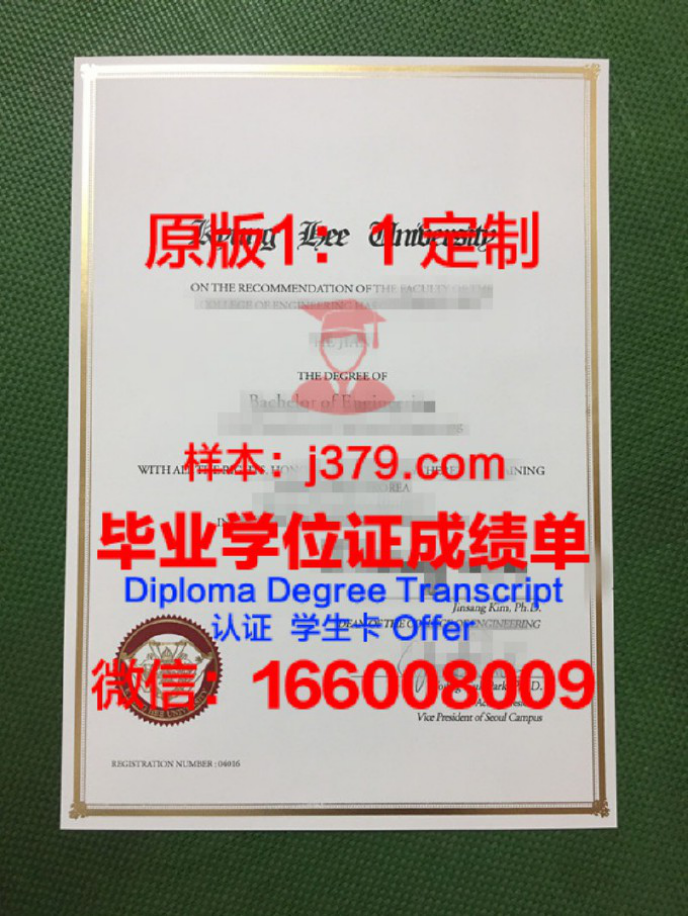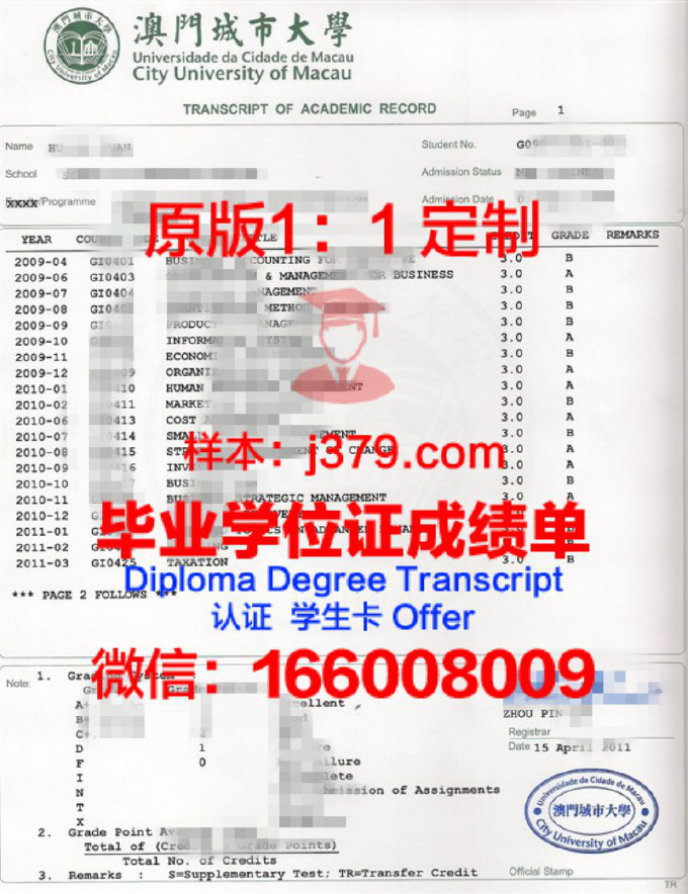史密斯博士的英文
Title: The English of Dr. Smith: A Comprehensive Insight

In the realm of academia, the name Dr. Smith stands as a beacon of knowledge and expertise. However, when it comes to addressing this esteemed individual in English, it's essential to understand the nuances and appropriate usage of the language. This article delves into the intricacies of referring to Dr. Smith in English, exploring various contexts and the significance of proper communication.

The Proper Title:
When discussing Dr. Smith, it is crucial to use the appropriate title. In English, "Dr." is an abbreviation for "Doctor," which signifies that the individual has earned a doctoral degree. It is a mark of respect and recognition of their academic achievements. Thus, when writing or speaking about Dr. Smith, it is imperative to precede his name with "Dr." to acknowledge his expertise and status.
The Name Pronunciation:
One aspect that often gets overlooked is the pronunciation of "Smith." While it may seem straightforward, it's essential to get it right to avoid any misunderstandings. "Smith" is pronounced as /sm?θ/, with the stress on the first syllable. Mispronouncing the name could lead to confusion or a lack of clarity in communication.
Addressing Dr. Smith in Different Contexts:
1. Formal Communication:
In formal written communication, such as letters or emails, it is customary to address Dr. Smith as "Dr. [Last Name]" at the beginning of the correspondence. For instance, "Dear Dr. Smith," is a polite and respectful way to start a letter. Additionally, when referring to him in the text, it is appropriate to use "Dr. Smith" rather than just "Smith" to maintain a tone of respect.
2. Verbal Communication:
In spoken English, addressing Dr. Smith in person or during a presentation requires a slightly different approach. It is common to use "Dr." followed by his first name, especially if the context is more informal. For example, "Dr. John Smith" would be an appropriate way to introduce him during a presentation. However, in a more formal setting, such as a conference or a meeting, it is best to use "Dr. Smith" without his first name.
The Role of Recommendation Letters:
One significant context where the proper use of English in referring to Dr. Smith becomes crucial is in recommendation letters. As seen in the reference request example provided, it is essential to express gratitude and acknowledge Dr. Smith's busy schedule. The use of phrases like "Dear Dr. Smith," "Thank you for agreeing to write a letter of recommendation," and "I am grateful for your assistance" conveys respect and professionalism.
The Power of Clear Communication:
The English language is rich in nuances, and the way we refer to individuals can significantly impact the effectiveness of our communication. By using the correct title, pronouncing names accurately, and being mindful of the context, we ensure that our messages are clear, respectful, and professional.
In conclusion, the English language offers multiple ways to address Dr. Smith, each carrying its own level of formality and respect. Whether it's in written or spoken communication, understanding the appropriate use of titles and names is vital. By doing so, we not only honor the academic achievements of individuals like Dr. Smith but also contribute to the clarity and effectiveness of our communication in the academic and professional world.